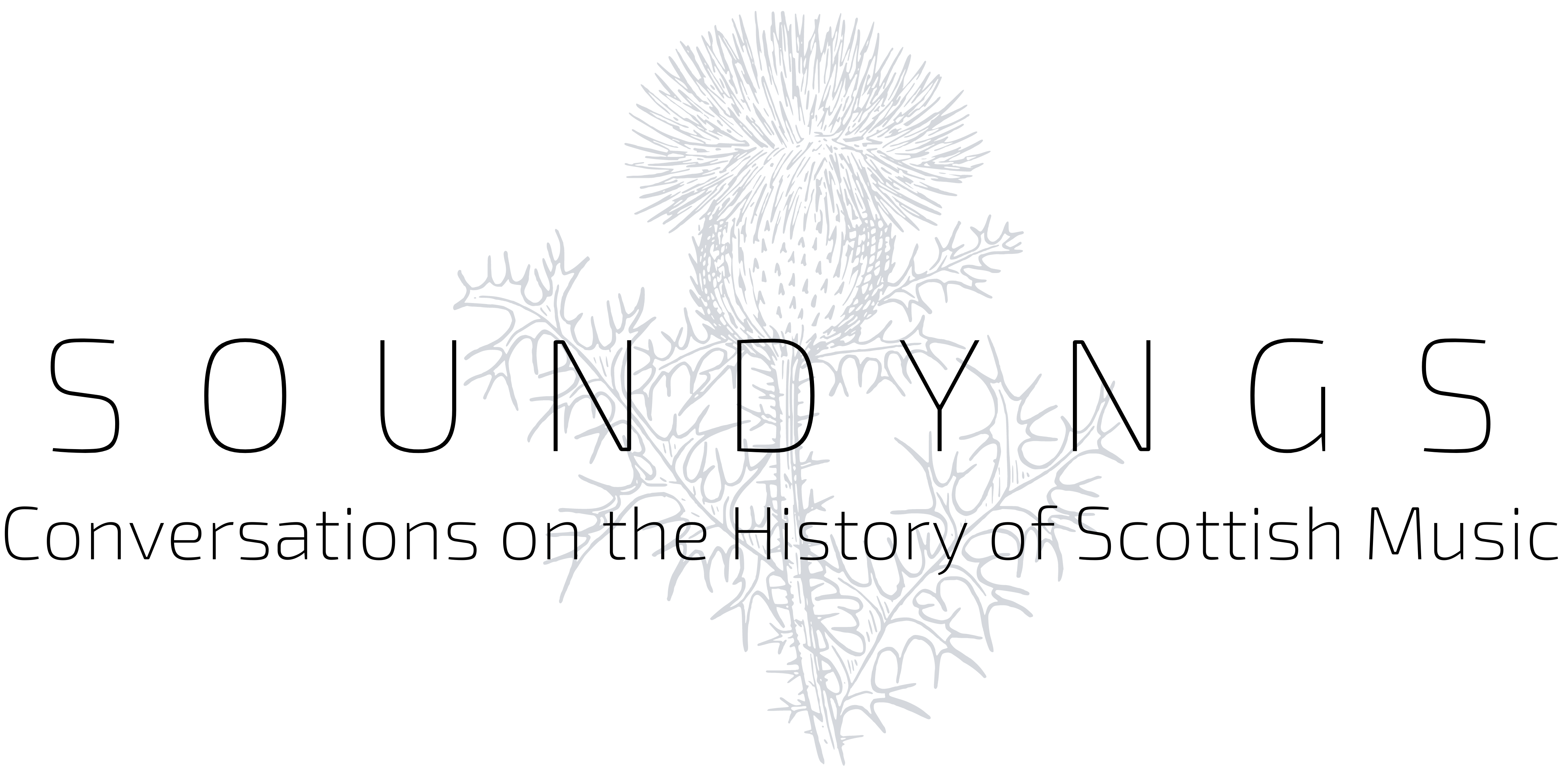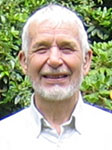Ethnomusicologists were saddened to learn last year of the death of Dr Peter Cooke, for many years a leading figure in the School of Scottish Studies in Edinburgh, where he worked to establish groundbreaking ethnomusicology courses. Other areas of expertise, pursued alongside his interests in Scotland during his later years at SOAS and the University of Birmingham, included work on the music of Uganda, where he had been a teacher and trainer of teachers in the 1960s. Cooke’s considerable contribution to research on Scottish music was recognised by his being awarded the Hamish Henderson Award for Services to Traditional Music in 2019.
An oddity of this digital age is that the websites of researchers often live on after their owners have passed, and Dr Cooke’s lively personal website is still available as I write this.
Not only does the site give readers a glimpse into an impressive range of research activities pursued over a lifetime of scholarship. It also presents, in a general overview of his work on Scottish music, a useful compilation of links to online publications and recordings made by the author. These generous pieces show Dr Cooke continuing to share with readers his lifework and dedication to teaching and education.
Cooke’s general note on Scottish Music contains recollections on how and why Cooke came to research and publish in this area and curates links to online outputs that will be of interest to Soundyngs readers.
- The Fiddle Tradition of the Shetland Isles (1986) – Cambridge University Press gave Cooke and then the University of Edinburgh permission to share this currently out-of-print book in pdf format. The book is now available on a free, open access basis, along with associated recordings, hosted by the School of Scottish Studies Archive at the University of Edinburgh.
- Music from Whalsay – field recordings made 1969-1984, now also hosted by the School of Scottish Studies at Edinburgh.
- Greentrax records, a catalogue of releases from the Scottish Tradition Series, originally held by the School of Scottish Studies and now operating as an independent record label.
- A link to Cooke’s article, “The Pibroch Repertory: Some Research problems”, Proceedings of the Royal Musical Association, cii, 1975–6, p. 93–102.
- A link to Peter Cooke, Morag Macleod and Colm O Baoill (eds.), The Elizabeth Ross Manuscript: Original Highland Airs Collected in Raasay by Elizabeth Jane Ross (2011)
Individual blog entries on Dr Cooke’s site, written in the last year of his life, are also well worth reading and listening to, and together provide a vivid model of Cooke’s sense that ethnomusicology is fundamentally collaborative.
- On working with and recording Willie Hunter “Shetland’s finest fiddler/violinist (March 2020), including notes on how Willie learnt his craft as a child in the 1930s and including mp3 recordings of Willie’s playing, invaluable as albums released of his playing are currently unavailable.
- Memories of traveller Betsy Whyte part 1 (March 2020) and part 2 (September 2020) – two blog entries about an important tradition-bearer from the Scottish travelling community. The first contains Cooke’s own memories of conversations with Betsy Whyte, including some mp3 recordings of her singing. The second continues with a record of conversations between Cooke and Mairi MacArthur, folklorist and ethnographer of Scottish songs, about her memories of Betsy. Betsy Whyte was the author of The Yellow on the Broom (1979), a memoire of her early life as a member of the Scottish travellers community, in the 1920s and 30s, the title of which references a well-known Scottish traveller song. This was followed up by a second book, Red Rowans and Wild Honey (1990), both now printed by Birlinn books. Betsy was a popular contributer of songs and stories at folk events in East coast Scotland.
While much of this material is now also available on other institutional sites associated with the School of Scottish Studies in Edinburgh, Dr Cooke’s personal website stands as a memorial to a remarkable life in music. The author of this entry never met Cooke: reading his website, I very much wish I had.
Further reading and listening:
British Library ‘Sounds’ archive – three recordings of interviews with Peter Cook made by Carolyn Landau in 1995.


My what a great man . Amazing life and contribution to music